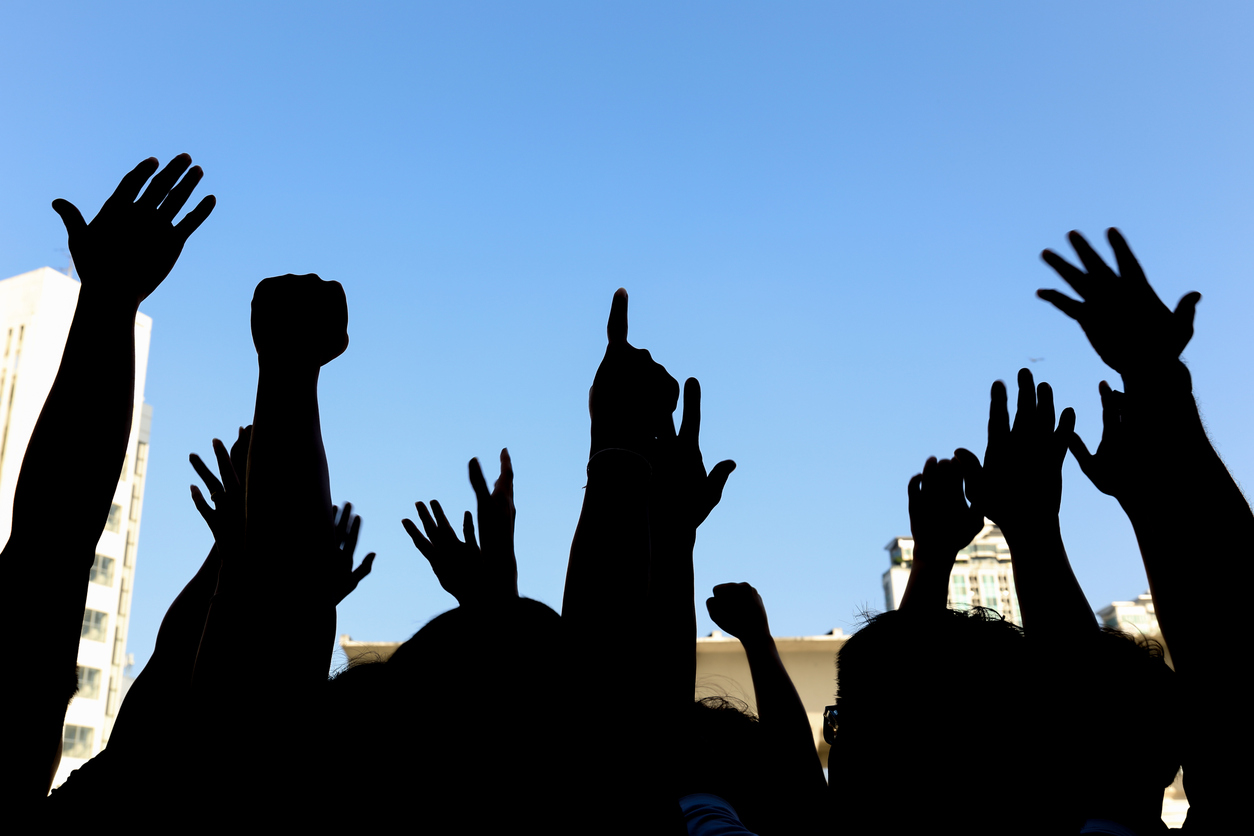Cryptocurrency is the great unknown right now. As Bitcoin continues to circle in the news, more and more people are wondering what, exactly, cryptocurrency can be used for. To many people, it’s an intangible concept, one that doesn’t appear to have a practical use.
Yet one unexpected area in which cryptocurrency is proving hugely beneficial is activism. More than ever, technology is being used as a platform and amplifier to tackle injustice, inequality, and social issues on a global scale. Crypto and blockchain are simply another technological tool in that arsenal.
The beauty of cryptocurrency is that it completely changes the potential for economics to help the most marginalized. Since it’s open source and controlled by all, the cost of producing it is reduced to almost nothing, and no one government, entity, or person can control it. By its very nature, cryptocurrency is as democratic an economic model as we have, and it’s leveling the playing field for those who were shut out of traditional economic systems before.
